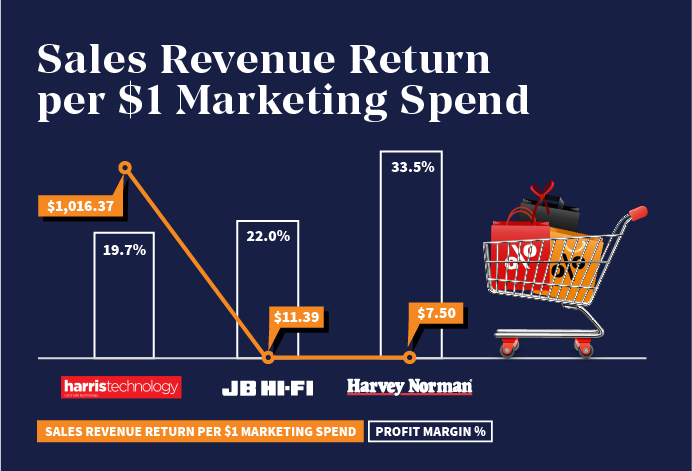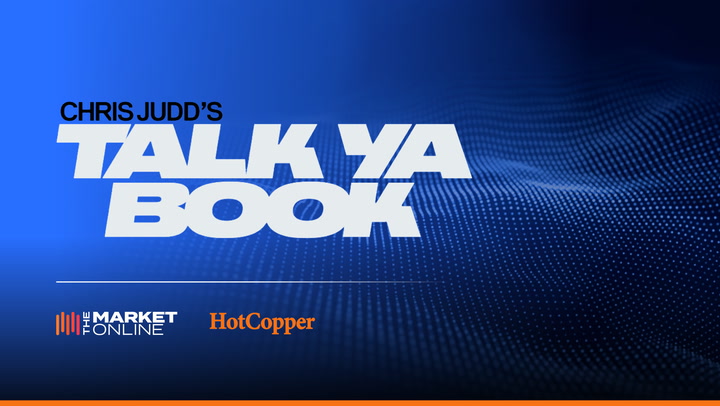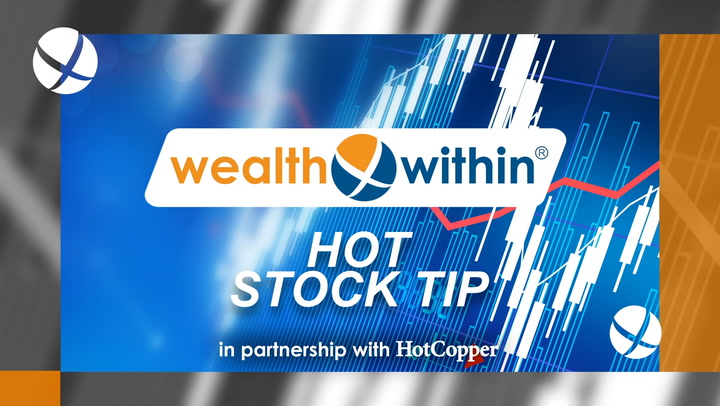- The COVID-19 pandemic accelerated a global shift to eCommerce and online shopping as consumers were forced to stay indoors
- According to Canada-based eCommerce specialist Shopify, 10 years’ worth of eCommerce growth occurred in just 90 days at the height of the pandemic
- This has caused a string of ASX-listed eCommerce companies to report a sharp increase in revenue and profits as demand for online shopping soars
- Among these players is Harris Technology Group (HT8), which states it operates in the eCommerce sector at a fraction of the cost of its peers
- Harris sells technology products on existing online marketplaces like Amazon and eBay — meaning it keeps its marketing costs low
- As a platform reseller, HT8 can also leverage the popularity of its existing marketplace partners without tabling the costs of advertising, marketing, branding and shop fronts
- Moreover, Harris Tech is currently the highest-ranked tech seller on the Amazon Australia marketplace
- Compared to Harvey Norman (HVN) and JB Hi-Fi (JBH), Harris Tech’s dollar-on-dollar return on marketing investment is nearly 500-times that of its competitors
- With shares trading at 11 cents each in a $32.7 million market cap, HT8 argues it represents an attractive opportunity for the savvy eCommerce investor
Even before the COVID-19 pandemic struck, a global shift was occurring in the way people shop as consumers turned to online stores for both luxury and household goods.
With supermarket chains adding online grocery delivery options, creators and artists shipping their works across the world through online platforms, and online sellers offering fast delivery on a massive range of products, brick-and-mortar shopping was slowly being phased out.
So, when the pandemic kept people indoors, this shift to online shopping was only accelerated.
On the ASX, a string of eCommerce companies reported sharp increases in revenue and profits as demand for online shopping soared.
Among these is Harris Technology Group (HT8) which argues its shrewd strategy and scalable business model means it’s well positioned to reap the rewards of the booming eCommerce market.
The eCommerce boom: more than just a trend
As countries locked down and retailers were forced to close their doors, eCommerce soared to an all-time high, accounting for 16.4 per cent of all global retail sales, according to research from Canada-based eCommerce specialist Shopify.
In fact, a Shopify report shows that at the height of the pandemic, 10 years’ worth of eCommerce growth occurred in just 90 days.
According to the report, a global survey across 11 markets found that 84 per cent of consumers shopped online during the pandemic; it’s not just Gen Z and Millenials driving the market anymore.
What’s more, market researcher Grand View forecasts the global eCommerce market — which was already valued at US$9 trillion (around A$11.7 trillion) in 2019 — to grow at a compound annual growth rate of 14.7 per cent through to 2027.
While COVID-19 may have sped up the process, the fact of the matter is that fast internet, low fees and increasing consumer confidence mean eCommerce is here to stay.
For Harris Tech, this growth in online shopping has seen the company significantly improve its revenue and profit over the past several years.
Over the 2019 financial year, Harris Tech posted net sales revenue of just over $9 million and a gross profit of just under $1 million. In the 2020 financial year, sales revenue came in at $13.6 million and gross profit more than doubled to just under $2.7 million.
Then, over just the first half of the 2021 financial year, sales revenue came in at $19.4 million with a gross profit of $3.8 million.
By the end of March 2021, HT8’s sales revenue for the 2021 financial year had already hit $30 million thanks to a record-breaking quarter of revenue for the company over the first three months of 2021.
A new era of entertainment
More than just changing the way people shop, the coronavirus pandemic has also changed the way people work.
While it was necessary for businesses to find ways to operate remotely at the peak of the pandemic, many companies have kept this trend up even as the heaviest of the COVID-19 blows subside.
Stats show businesses are downsizing offices and allowing workers to continue working remotely after the pandemic showed how practical and productive at-home work can be.
The latest data from the Australian Bureau of Statistics (ABS) from mid-March shows that even as Australia largely keeps the virus under control, two in five Australians still worked from home at least once a week in February, compared to just 24 per cent who worked one day at home a week before March 2020.
This bodes well for Harris Tech, which sells tech products essential for both workplaces and home studies.
The company’s product suite includes printers, modems, computer monitors and more.
Moreover, another trend to have emerged over the pandemic was a surge in popularity in online gaming. PC gaming has become one of the most popular forms of entertainment worldwide, meaning the demand for top-end gaming products is surging.
Gamers are after customer-build PCs, gaming headsets, mouse-and-keyboard setups and more.
In light of this, Harris Tech capitalised on this increase in demand and was appointed an authorised reseller of internationally-renowned gaming brands like RIG, Thrustmaster and Hercules during the March quarter.
And it’s this ability to operate as a platform reseller that HT8 said sets it apart from its ASX-lister peers operating in the eCommerce space.
Highly leveraged business model, competitive margins
As a platform reseller, Harris Tech has built a strong reputation by selling products through existing eCommerce platforms.
While the company operates its own website from which customers can make their purchases, Harris Tech also leverages the existing customer base of other major platforms to sell its products.
By selling its products through the likes of eBay, Amazon and Kogan.com, Harris Tech is able to sell at a fraction of the cost by spending little money on advertising, marketing, branding and shop fronts.
Harris Tech instead relies on its partner companies’ marketing and advertising, leading to competitive profit margins.
The company is operating this platform reseller model with great success: HT8 is currently the highest-ranked tech seller on the Amazon Australia marketplace.
Compared to other well-established tech retailers on the ASX, such as Harvey Norman (HVN) and JB Hi-Fi (JBH), analysis shows Harris Tech’s dollar-on-dollar return on marketing investment is nearly 500-times that of its competitors.
For example, over the 2020 financial year, Harvey Norman spent $380 million on marketing and turned over a gross profit of $739.6 million, representing a return on marketing investment of 94.6 per cent.
JB Hi-Fi spent $786.4 million on marketing and turned over a gross profit of $1.69 billion — a return on marketing investment of 115.4 per cent.
Harris Tech spent $174,000 on marketing and turned over $2.7 million in gross profit, which represents a 1434.5 per cent return on marketing investment over the 2020 financial year.
The difference in investment return is even bigger for the first half of the 2021 financial year, with Harvey Norman’s return on marketing investment clocking in at 151.24 per cent, JB Hi-Fi’s at 150.1 per cent, and Harris Technology’s at a 19,948.51 per cent.
What does this mean for investors?
Harris Technology believes its unique business model sets it apart in the ASX eCommerce business space by leveraging the success of existing online shopping platforms.
The rapid growth of the eCommerce sector in the wake of the COVID-19 pandemic means HT8 is experiencing all the fruits of the booming sector while keeping costs low.
With shares trading at 11 cents each in a manageable $32.7 million market cap, Harris Technology Group argues its business represents an attractive opportunity for the savvy eCommerce investor.









